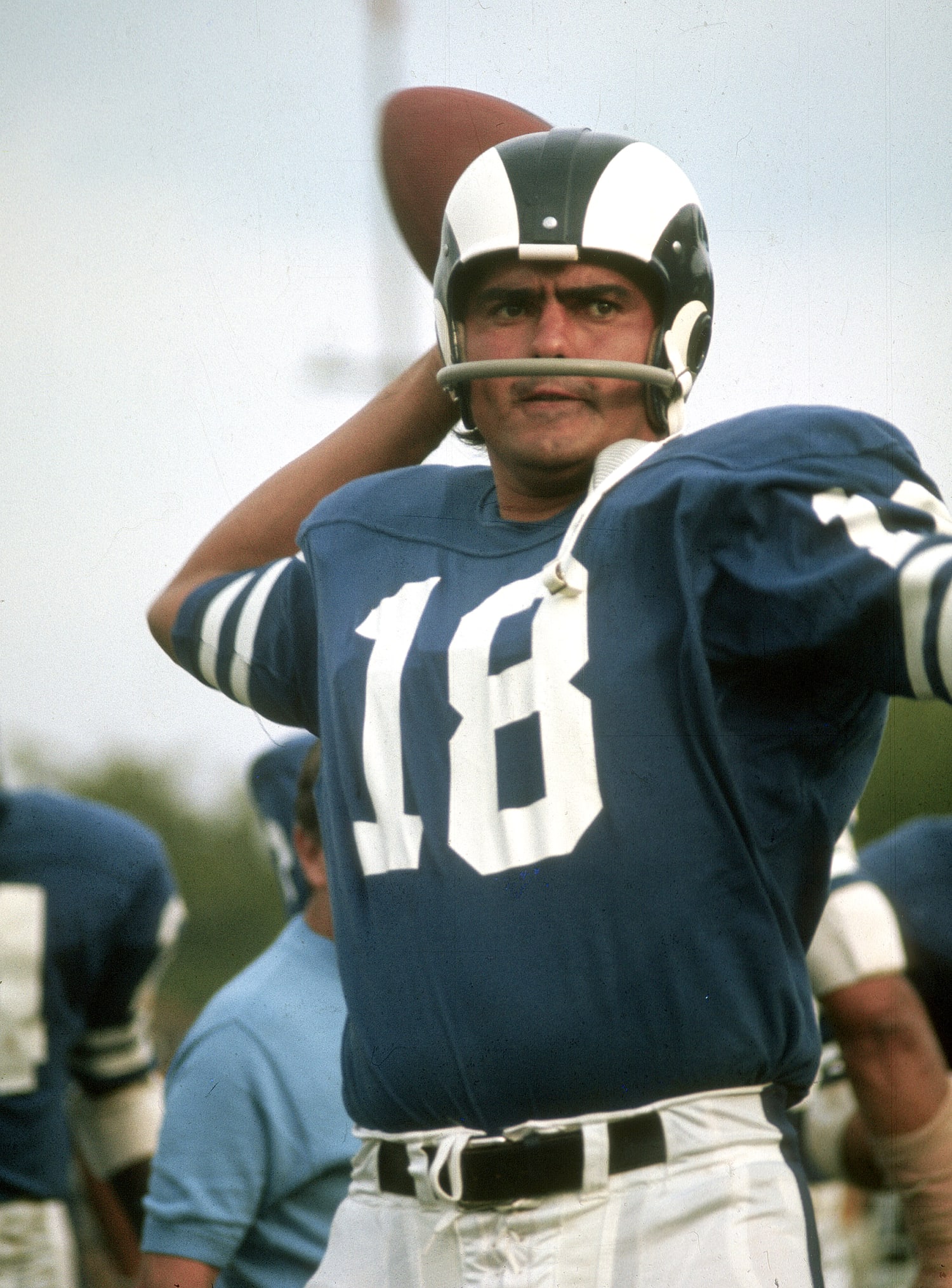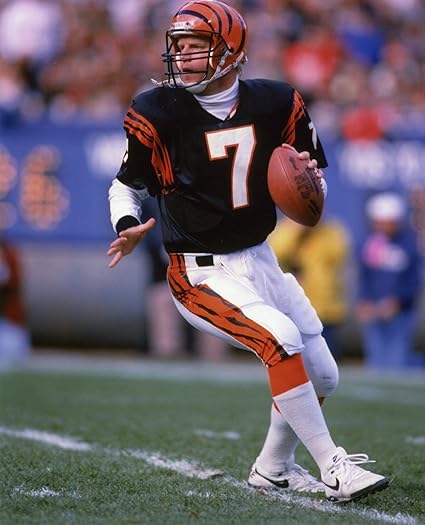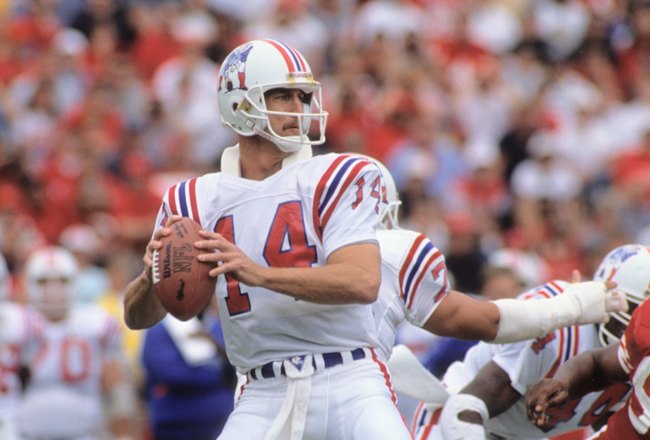Daunte Culpepper
Daunte Culpepper does not seem to belong on this list, especially given the short duration of his career as a starting quarterback, but what he did during that short time helped him move ahead of several quarterbacks who played for much longer.
Culpepper was selected by the Minnesota Vikings in the 1999 NFL Draft and spent the first year of his career riding the bench, but became a starter the next season and had an amazing few years before injuries derailed his career. In 2000 he threw for 3937 yards and a league-leading 33 touchdowns, and he also rushed for 7 touchdowns, most among NFL quarterbacks. It was one of the best seasons ever for a man who hadn't thrown a pro pass before the season.
The success, however, was short-lived, as he struggled with accuracy over the next two years, throwing more picks than touchdowns. He did rush for 10 touchdowns in 2002, however, which is still the 6th-best mark for a quarterback in league history, which kept that period of his career from being a total disaster.
He improved his accuracy in 2003, with a TD:INT ratio of 25:11, but Minnesota still missed the postseason for the third straight year, but he was just building up to a great performance in 2004. That season was one of the best for a QB in history, as he led the league with 4717 passing yards, threw 39 touchdowns with only 11 picks, and ran for 406 yards, which helped him break Dan Marino's record for most total yardage in a season.
He was unable to match the feat the next season, struggling mightily through 7 games before going down with a major knee injury, tearing 3 ligaments in one knee. He would never be the same after the injury, and although he did manage to start 20 games over the next 4 seasons for 3 different teams, he was just a ghost of his former self.
Although it may seem that he didn't accomplish much during the short time he was healthy, add together one great season and one of the greatest seasons ever recorded, and you have a career worth remembering as one of the best we've ever seen.












